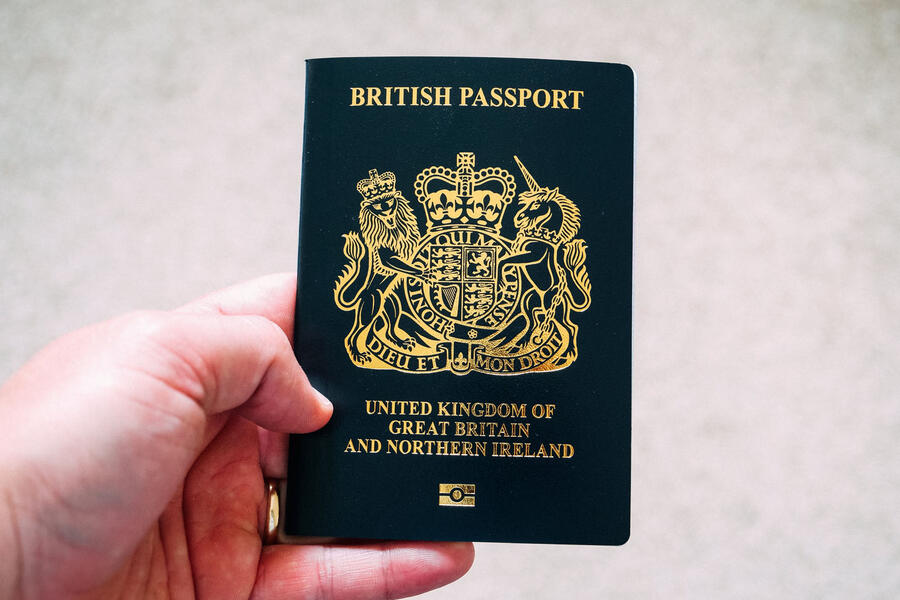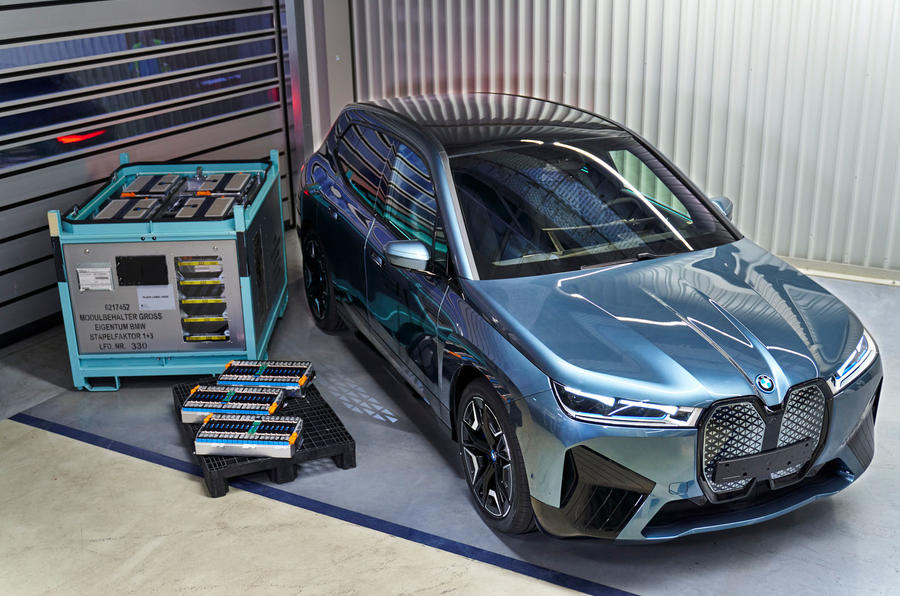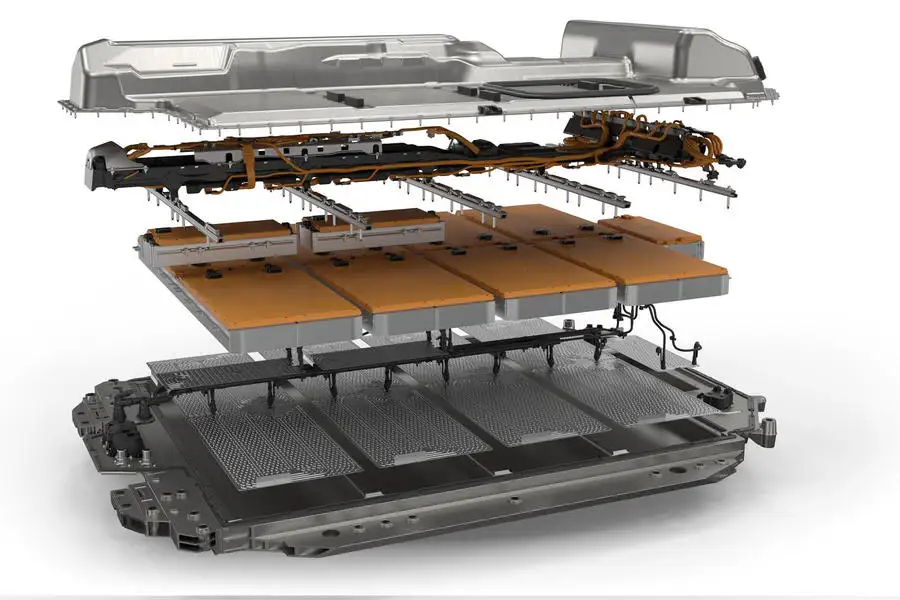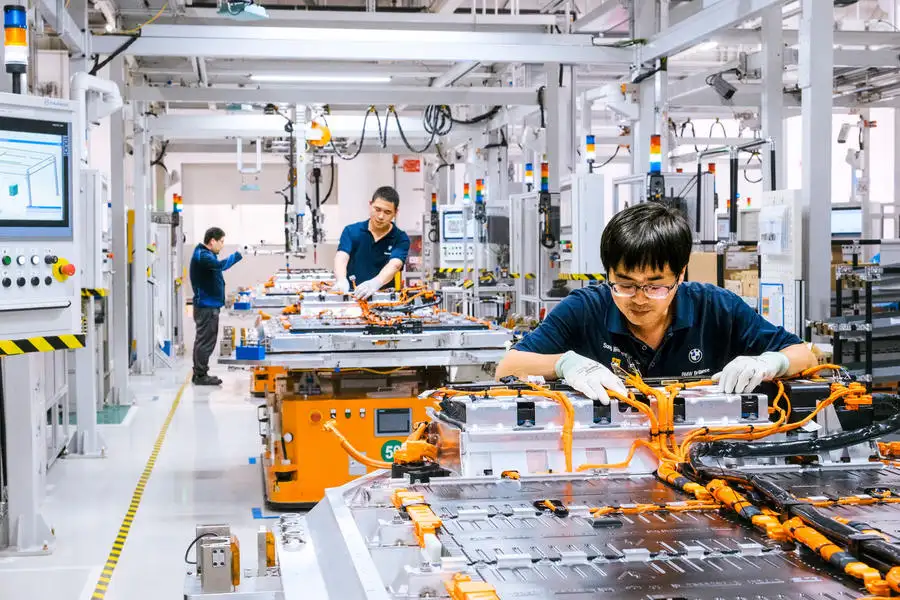Battery passports will be mandatory for electric vehicles sold in the European Union from February 2027 to provide greater visibility of what has gone into them and where it has come from.
The digital documents will be linked to the VIN and a QR code that, when scanned with a digital device, will reveal detailed information about the sources and nature of the raw materials prior to manufacturing, along with post-manufacturing details, such as capacity and condition.
The move is part of the new EU Battery Regulation, which requires the battery or vehicle manufacturer (depending on who produced the battery) to disclose the carbon emissions from production and gradually include greater proportions of recycled materials in the run-up to 2035, when the EU will ban sales of new ICE cars.
Battery passports will shine a light on often murky and interchangeable supply chains and provide greater transparency and opportunities to scrutinise the pre-production process.
“Many [manufacturers] don’t know their supply chain and often the [suppliers] are changing about three or four times a year, based on the contracts which, especially in the mid-tier section, are changing based on lower cost,” said Ellen Carey, chief external affairs officer at Circulor, which specialises in supply chain visibility and creates battery passports.

Carey told Autocar the passports will cost between £6 and £11 per battery, “create accountability of that supply chain – who touched what, when and where” and alert manufacturers to changes in their supply chains so they can “interrogate the activity”.
She continued: “It becomes less about procurement and procuring supplies and more about supply chain visibility and management to distribute the accountability across the whole thing.”









Join the debate
Add your comment
Slightly misleading article as it's not just batteries. Over the next few years every single product coming into the EU needs a full carbon footprint hence the need to understand where the raw materials are sourced. Other countries are following suit so by 2035 nearly everywhere will have similar regulations.
And who's paying for all this? That's right, you the consumer!
Unfortunately, this cost is incurred regardless of whether the car is sold in the EU or not as manufacturers will amortise the cost, so yes UK consumers will end up paying for this bureaucratic nonsense too.
I started reading this, and quicklydecided, this article should have been hidden behind Autocars car wall